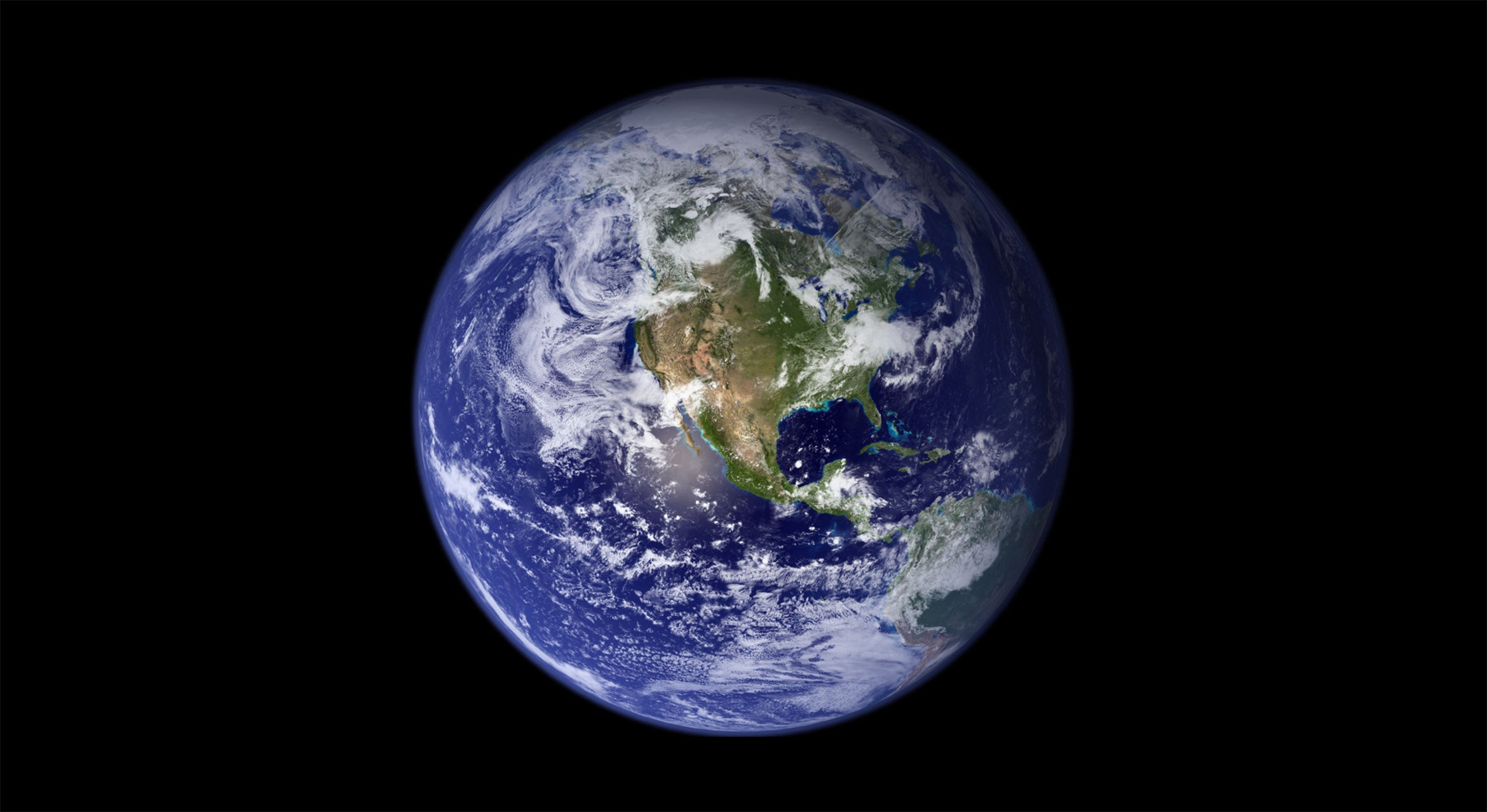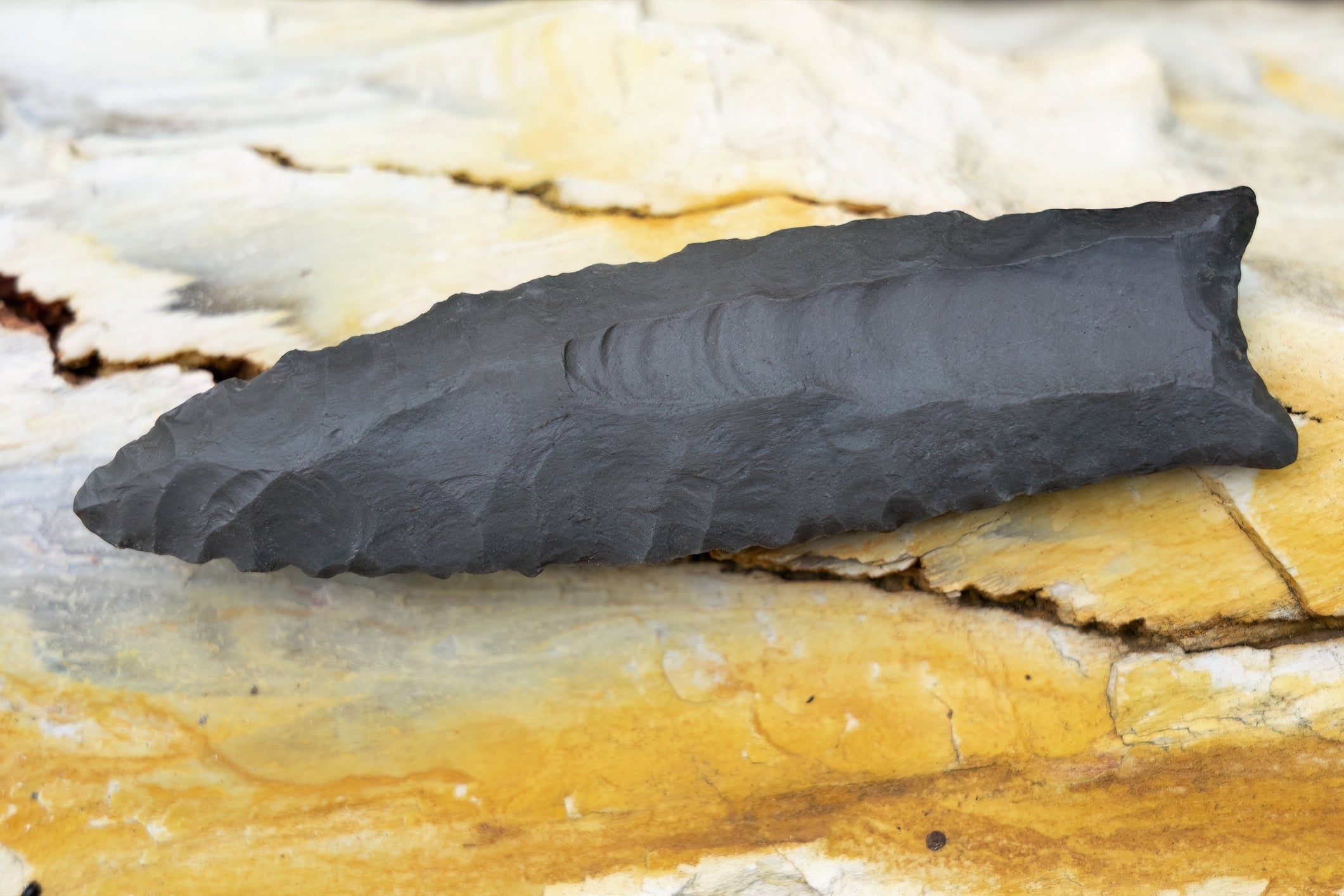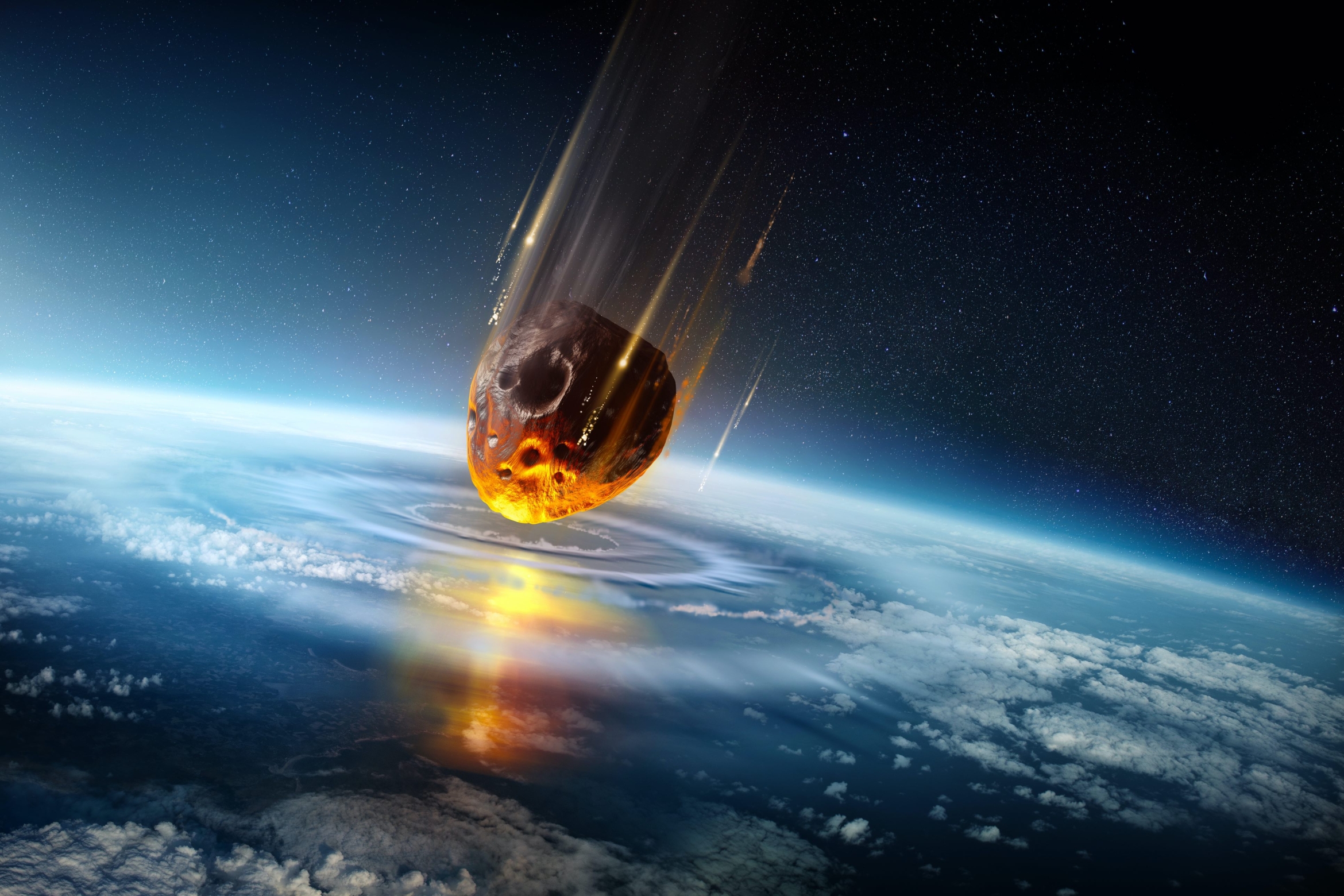What's Current in
Earth Science
Image

Photo Credit
Maksim Safaniuk via iStock
Anna Trugman researches how plants respond to climate change, while Gen Li studies erosion and weathering — the natural processes that break down rocks and transport sediment.
Image
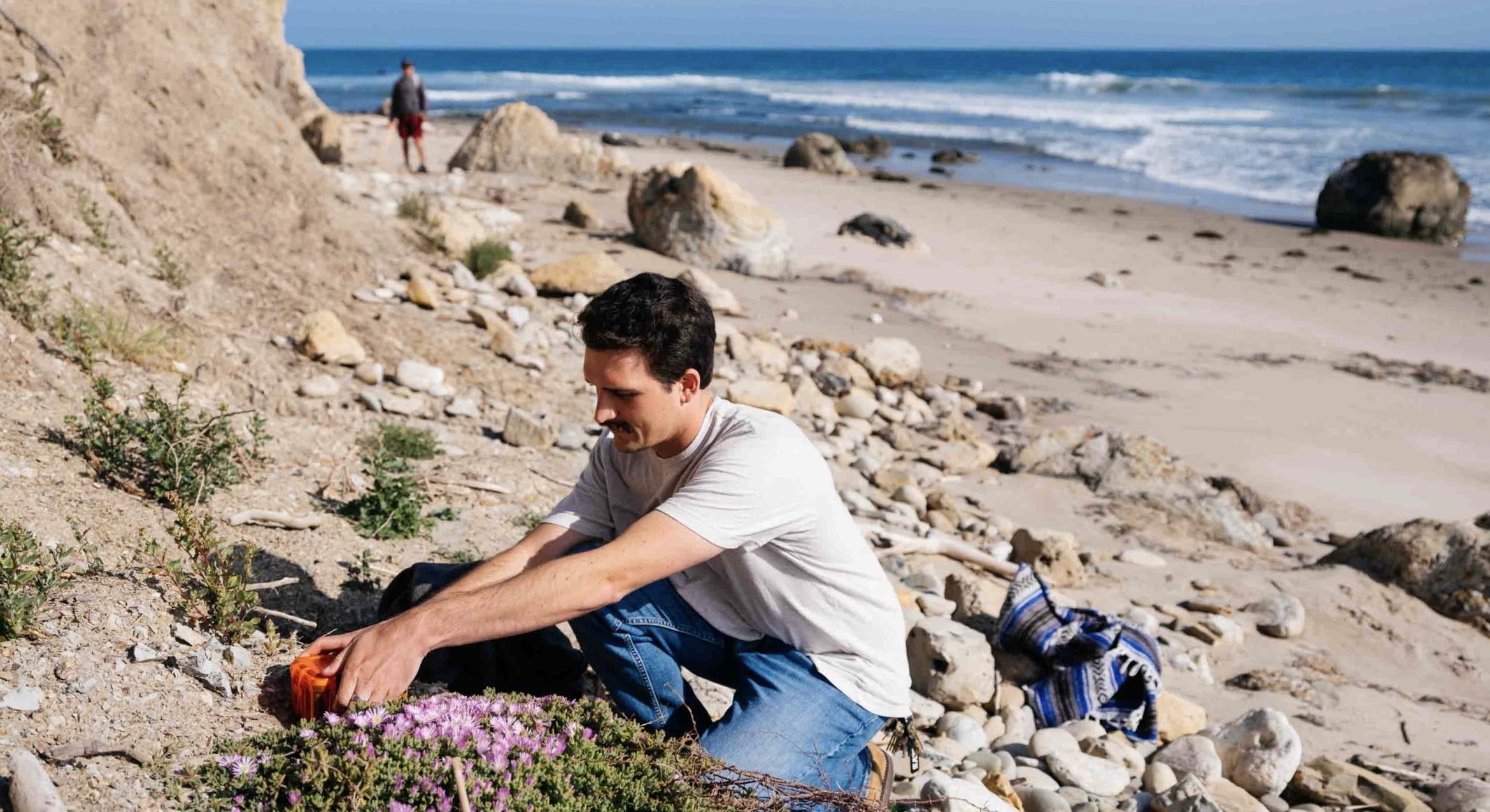
Photo Credit
Elena Zhukova
There’s a cacophony of acoustic signals below the range of human hearing, many quite intense, that you can pick up with the right “ears.”
Image

Photo Credit
Sergey Kuznetsov via iStock
Rivers wash mountains to the sea. How quickly they do this has major implications for natural hazards and fundamental Earth science.
Image
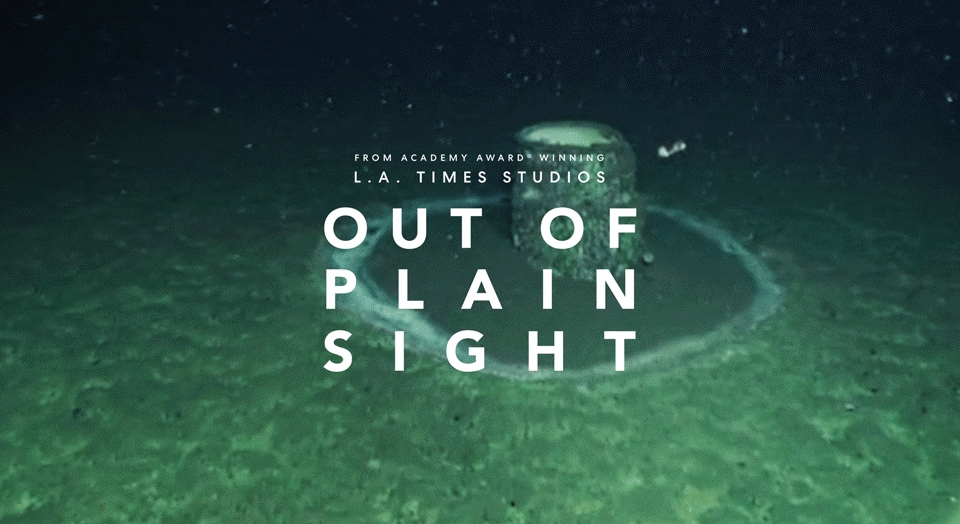
Photo Credit
Courtesy Image
Untold amounts of toxic waste were carelessly, though legally, disposed of off the California coast. Their presence continues to haunt human and wildlife health.
Image
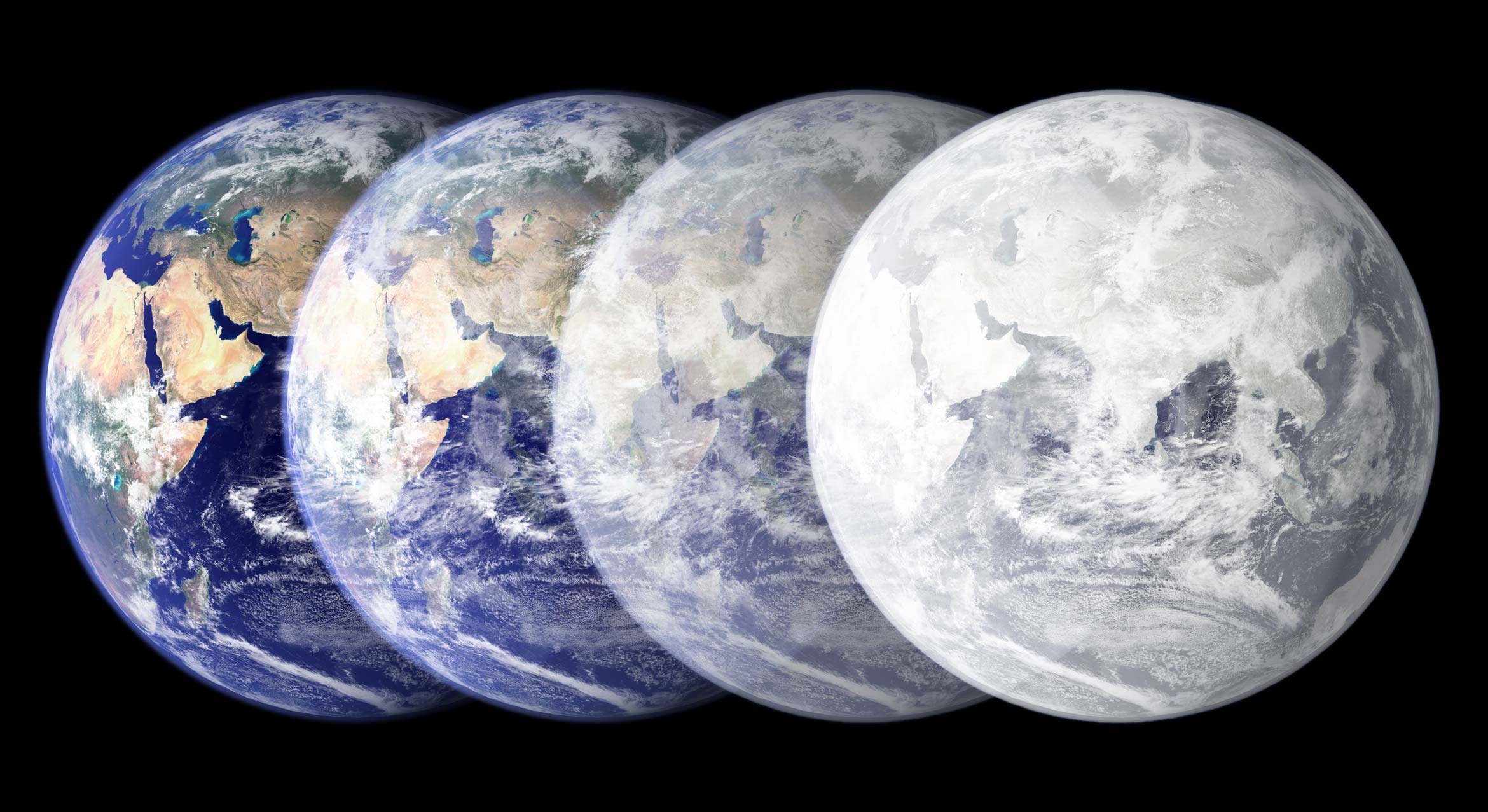
Photo Credit
Matt Perko
On its own, Earth would shift toward another ice age in about 10,000 years, scientists say. But humanity’s greenhouse gas emissions may have radically shifted the climates trajectory.
Image
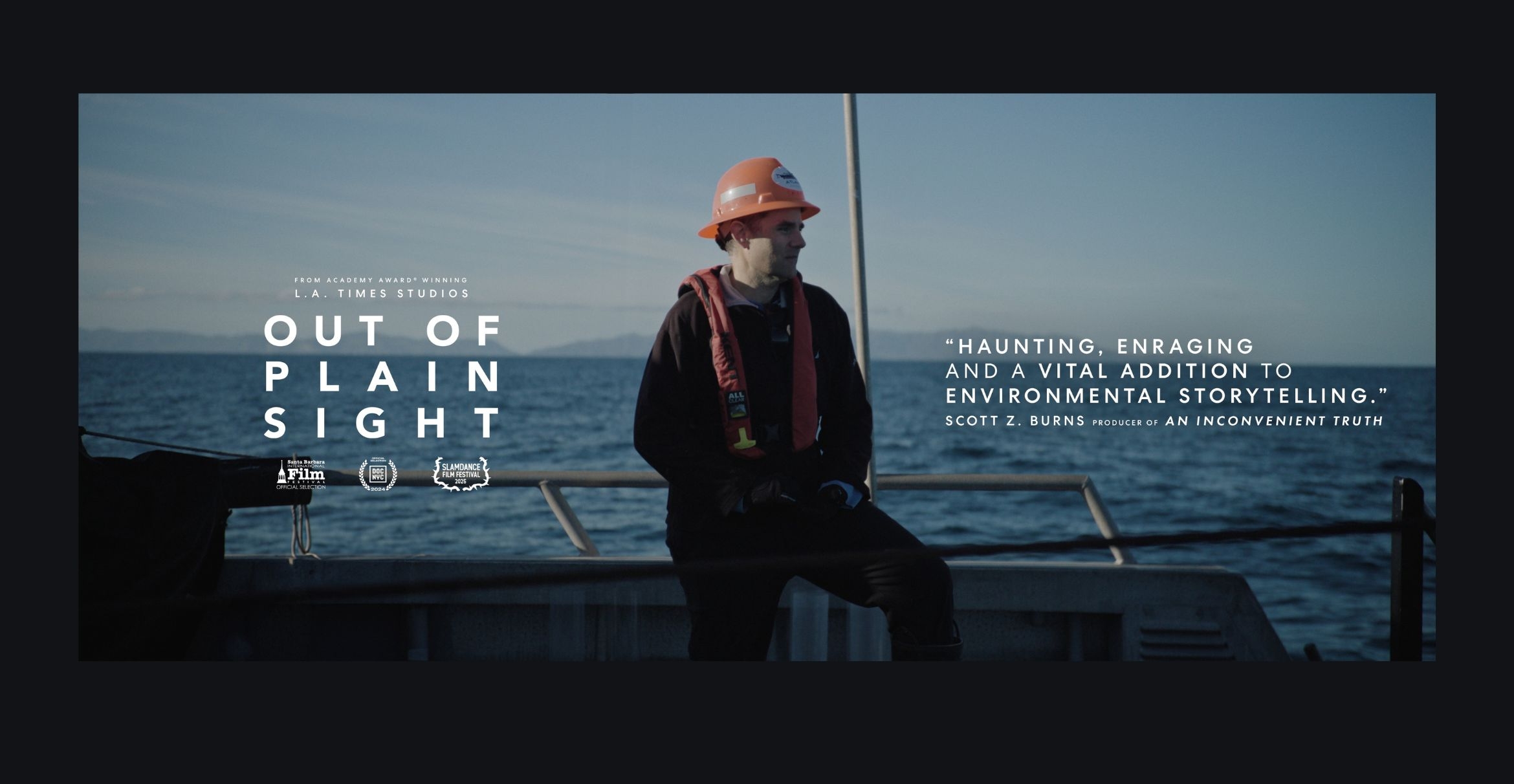
Photo Credit
Courtesy Image
Image

Photo Credit
UC Santa Barbara
Left to right: Anna Boser, Naomi Tague, David Valentine, and Leander Anderegg.
Image
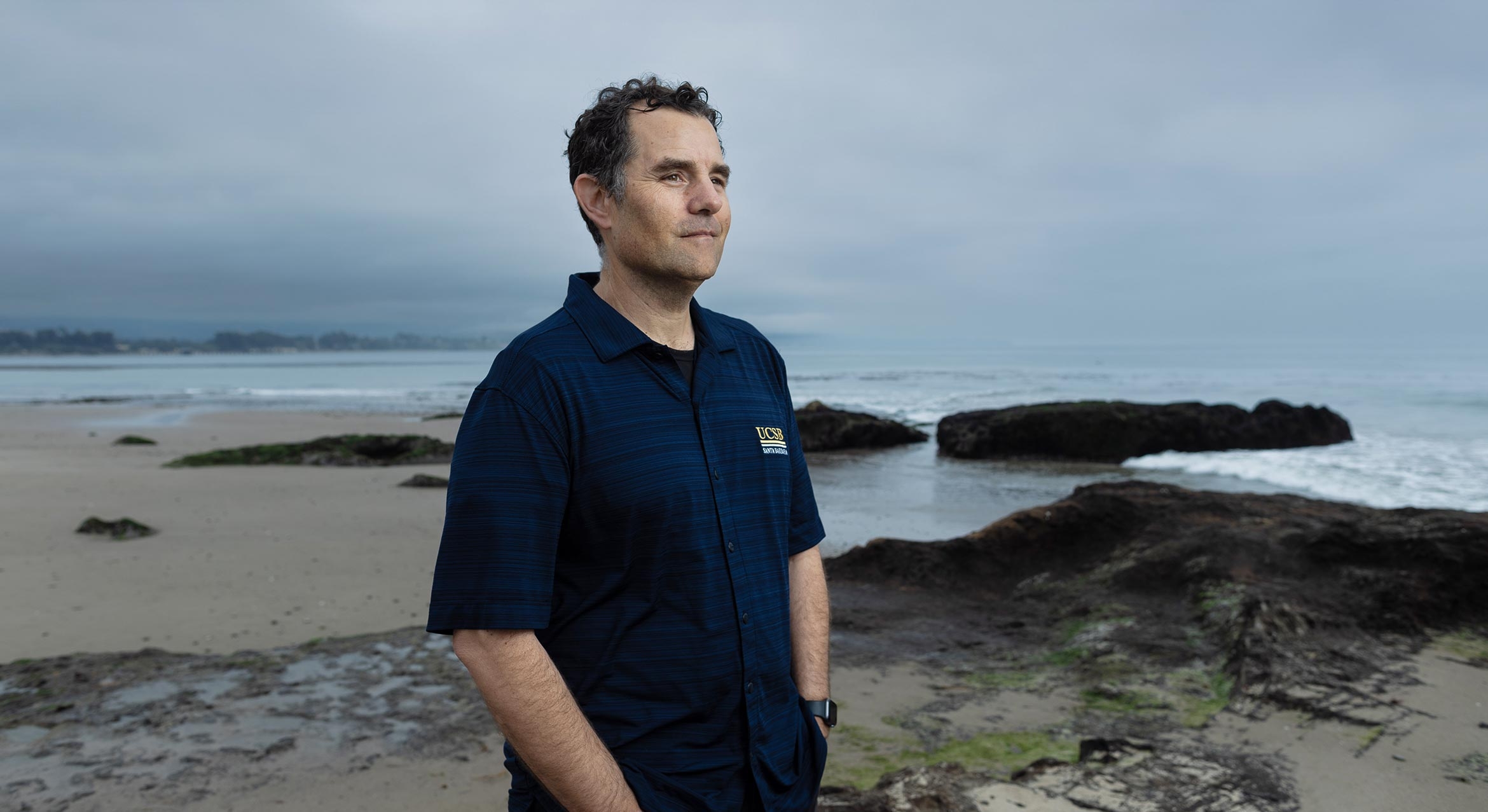
Photo Credit
Matt Perko
David Valentine
Image
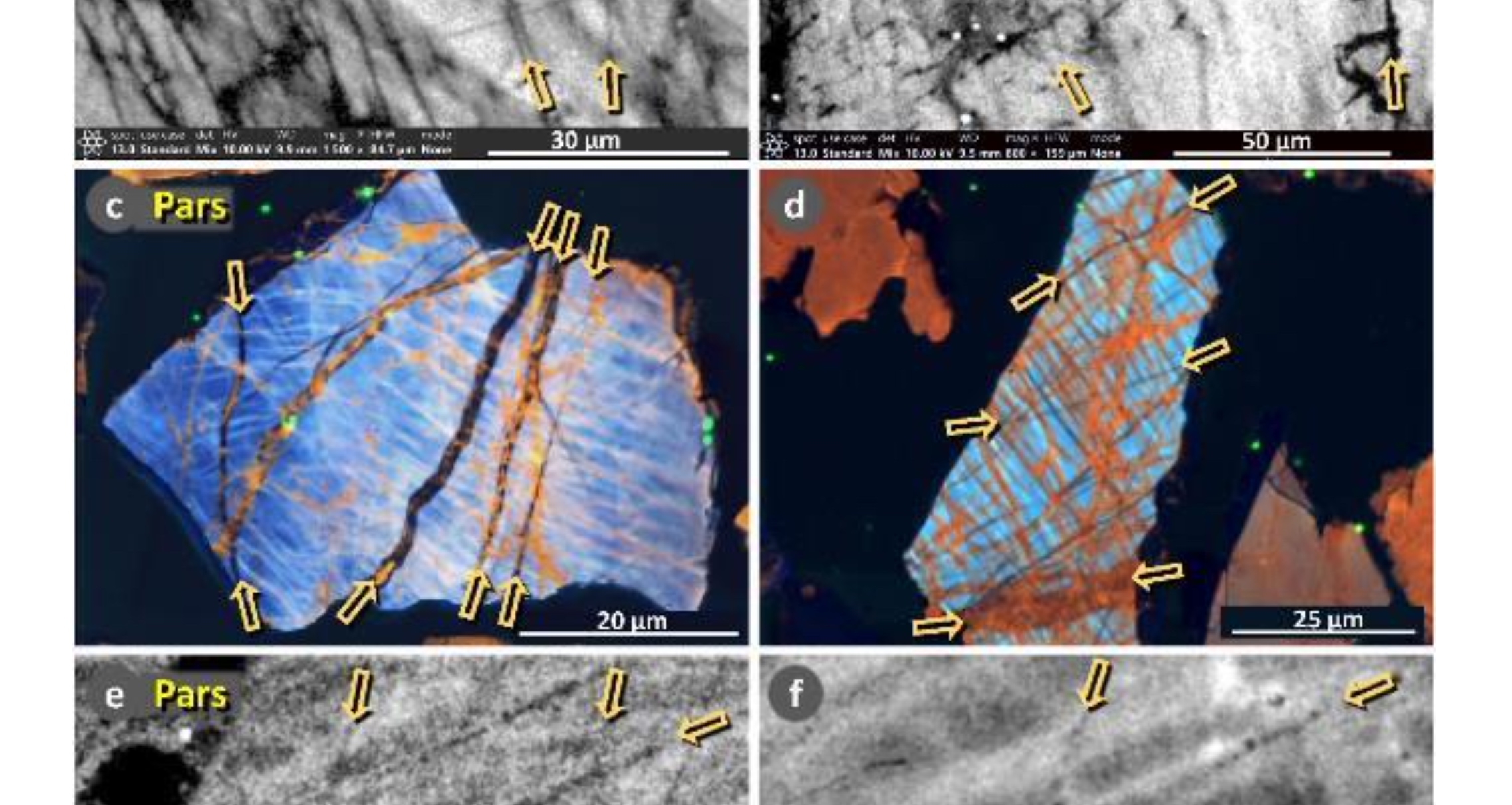
Photo Credit
Courtesy Image
Shocked quartz grains, with fissures filled with meltglass
